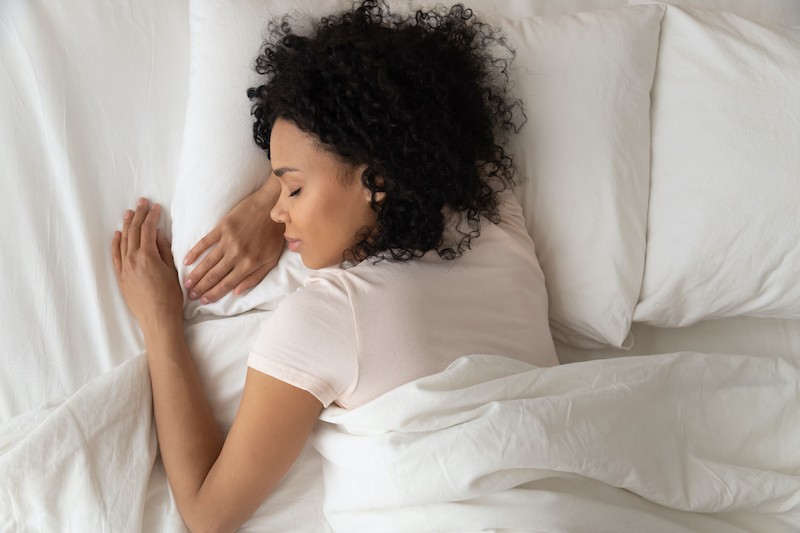14 Top CBT Tips for Sleep

As a CBT Therapist in London ‘sleeplessness’ is part of the majority of therapy talks I have with my clients. This is not because I see a lot of clients with sleep disorder but because feeling rested is essential to our overall well-being and because not being able to get a decent sleep can reveal an underlying issue like depression or anxiety. Also, talking to a lot of clients in The City of London the work performance pressure can lead to lack of sleep and then lead on to mental strain.
But what is a sleep disorder?
We all develop sleeping problems from time to time due to various life events or just an unexplained blip in sleep rhythms. However, for some people, acute episodes of insomnia can lead to chronic difficulties in sleeping, which lead to a diagnosis of sleep disorder.
My top CBT tips to have a good sleep and feel rested
- Only go to bed when you are drowsy.
- Get up at approximately the same time each morning, including weekends. If you want to get up later on weekends, allow yourself a maximum of 1 hour later arising.
- Stay awake during the day. No “cat naps.”
- If you are drinking alcohol in the evening, have your last drink 2 hours before your expected bedtime.
- As to fluids intake, after 4 p.m. (or within 6 hours before bedtime) only consume caffeine-free drinks. Learn all the foods, beverages, and medications that contain caffeine.
- Avoid smoking several hours before your bedtime. Like the substance caffeine, nicotine is a stimulant.
- Exercise regularly. The best time to exercise is in the late afternoon. Avoid strenuous physical exertion after 6 p.m.
- Make your sleep environment most conducive to sleep. Arrange for a comfortable temperature and minimum levels of sound, light, and noise.
- If you are accustomed to it, have a light carbohydrate snack before bedtime (e.g., crackers, bread, milk or cheese). Do not eat chocolate or large amounts of sugar. Avoid excessive fluids. If you awaken in the middle of the night, do not have a snack then or you may find that you begin to wake up habitually at that time feeling hungry.
- Only use your bed or bedroom for sleeping. You should not watch television, read, talk on the telephone, worry, argue with your partner or eat in bed. The only exception to this rule is that you may engage in sexual activity in bed.
- Establish a set of regular pre-sleep routines to signal that bedtime approaches. Lock the door, plug in the coffee machine, brush teeth, set the alarm, and carry out any other activities make sense for this time of night. Do these activities in the same order each night; use your preferred sleep posture and combination of favourite pillows and blankets.
- When you get into bed, turn out the lights with the intention of going right to sleep. If you cannot fall asleep within a short time (about 15 minutes), get up and go into another room. Engage in some quiet activity until you begin to feel drowsy and then return to the bedroom to sleep.
- If you still do not fall asleep within a brief time, repeat the previous steps. Repeat this process as often as it is necessary throughout the night. Use this same procedure if you awaken in the middle of the night and do not return to sleep within about 15 minutes.
- If you have difficulty getting to sleep because of a busy mind or wake during the night thinking. Jot your thoughts down on a notepad (keep by your bed) and deal with it in the morning
CBT and sleep disorders There is a large body of evidence from clinical research trials that show CBT is a highly effective method for sleeping disorders.
